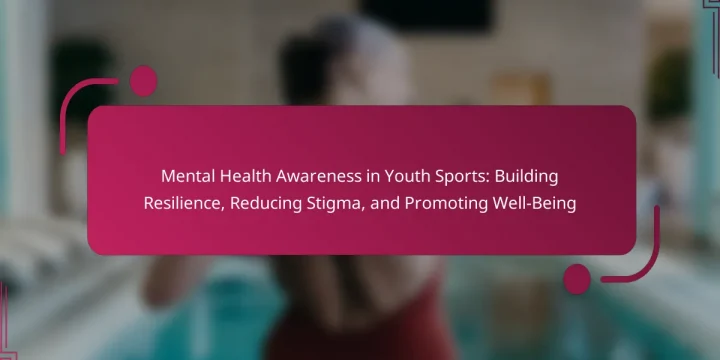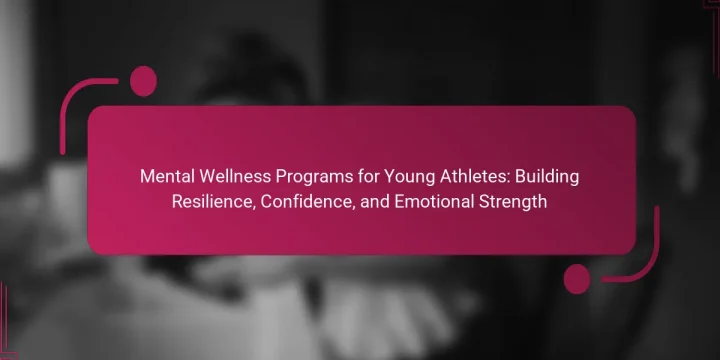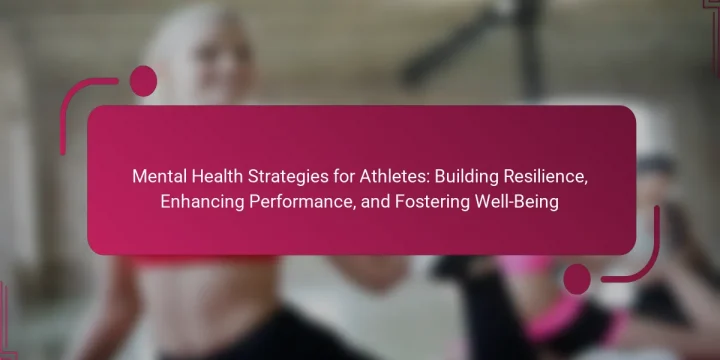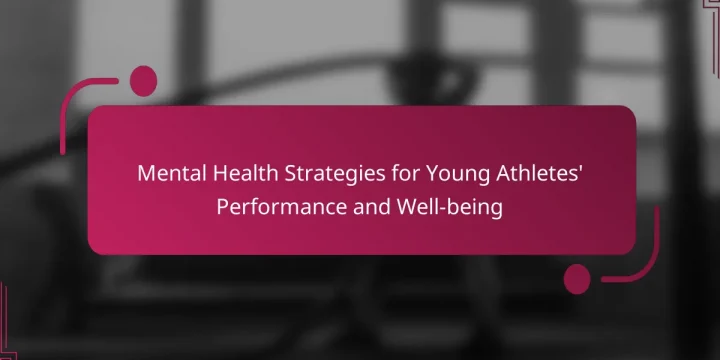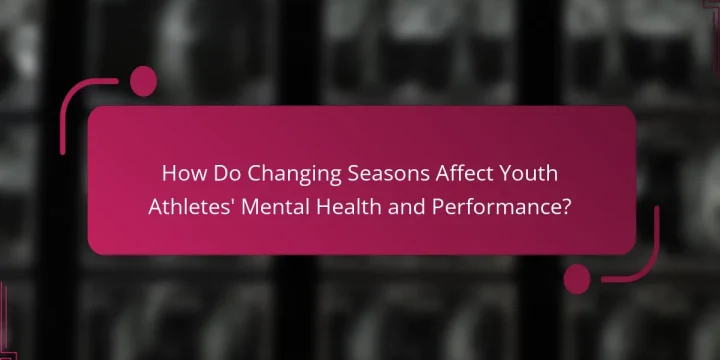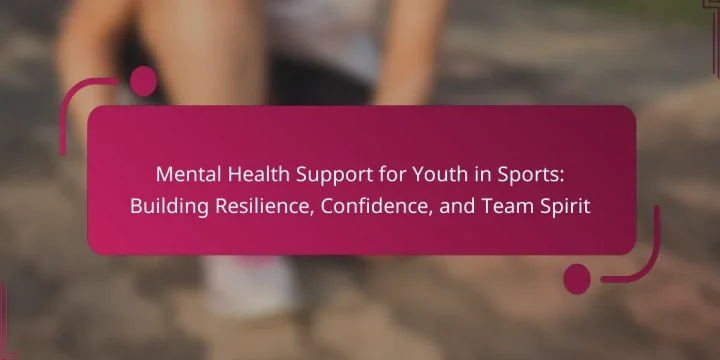
Youth athletes often grapple with mental health challenges such as anxiety, depression, and burnout due to competitive pressures and high expectations. Effective strategies include fostering open communication, promoting a growth mindset, and engaging community support. Access to mental health resources, peer mentorship, and workshops can empower young athletes and their families. Prioritising mental well-being alongside athletic performance creates a healthier environment for youth in sports. What are the key mental health challenges faced by youth in sports? Youth in sports face key mental health challenges, including anxiety, depression, and burnout. These issues stem from high expectations, competitive pressures, and lack of support. According to research, nearly 30% of young athletes experience significant mental health concerns. Addressing these challenges requires effective strategies, such as promoting open communication, providing mental health resources,…
